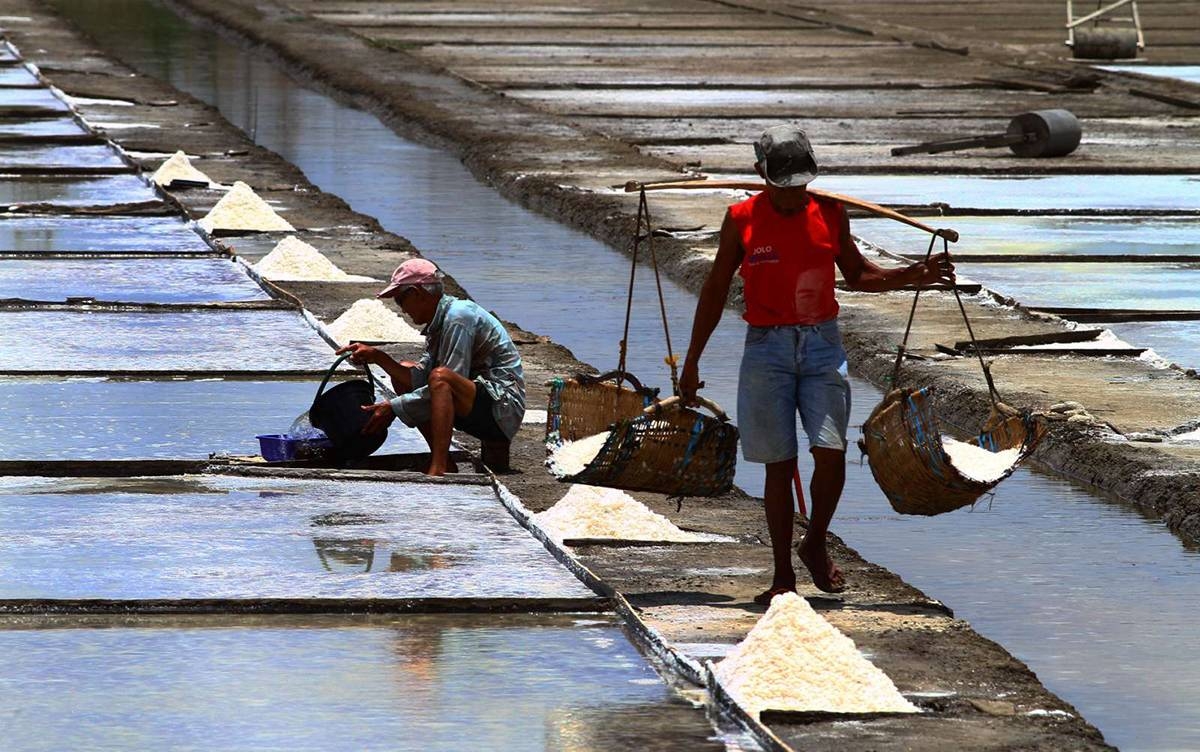The Philippine Salt Industry Development Act: Strengthening and Revitalizing the Salt Industry
President Ferdinand Marcos Jr. has recently signed into law the “Philippine Salt Industry Development Act,” a significant step towards strengthening and revitalizing the salt industry in the country. This law, signed on March 11, is part of the administration’s efforts to promote development in rural areas of the Philippines.
Under Republic Act 15985, the government aims to provide salt farmers with appropriate technology, research, financial support, production assistance, marketing services, and other necessary support to revitalize the salt industry. The ultimate goal is to increase production, achieve salt sufficiency, and eventually become an exporter of salt.
One of the key provisions of this law is the establishment of a Philippine Salt Industry Development Roadmap. This roadmap will serve as a guide to ensure the successful implementation of the objectives outlined in the law. It is worth noting that these objectives are aligned with the goals and continued implementation of Republic Act 8172, also known as “An Act for Salt Iodization Nationwide” (ASIN).
To ensure the unified and integrated implementation of the salt roadmap and to accelerate the modernization and industrialization of the Philippine salt industry, Republic Act 15985 mandates the creation of a “Salt Council.” This council will be chaired by the Department of Agriculture (DA), which will play a crucial role in overseeing the implementation of the law.
The DA has been given the responsibility of making salt a priority commodity to be produced locally in the designated areas mentioned in the legislation. The agency will allocate the necessary resources and support to facilitate the growth of the salt industry in these regions.
Furthermore, the DA will actively encourage salt farming and expand the number of salt-producing areas in the country. The agency will also ensure sustainable production, management, and harvesting practices in these salt farming areas, with a focus on soil and water conservation. In addition, the DA will promote public and private investments in the salt industry development programs and establish cooperatives among salt farmers and producers. These cooperatives will help optimize local production and improve access to government interventions, assistance, and incentives.
Republic Act 15985 also emphasizes the importance of market access for Philippine salt products, both locally and internationally. The DA will work towards advancing market access for these products, supporting research and development activities for salt production and processing, and introducing new and appropriate technologies based on international best practices.
In conclusion, the Philippine Salt Industry Development Act is a significant milestone in the efforts to strengthen and revitalize the salt industry in the country. With the establishment of a comprehensive roadmap and the creation of a Salt Council, the government is taking proactive steps to ensure the sustainable growth and viability of the salt industry. By providing necessary support, promoting local production, and expanding market access, the Philippines aims to become a major player in the global salt market.







